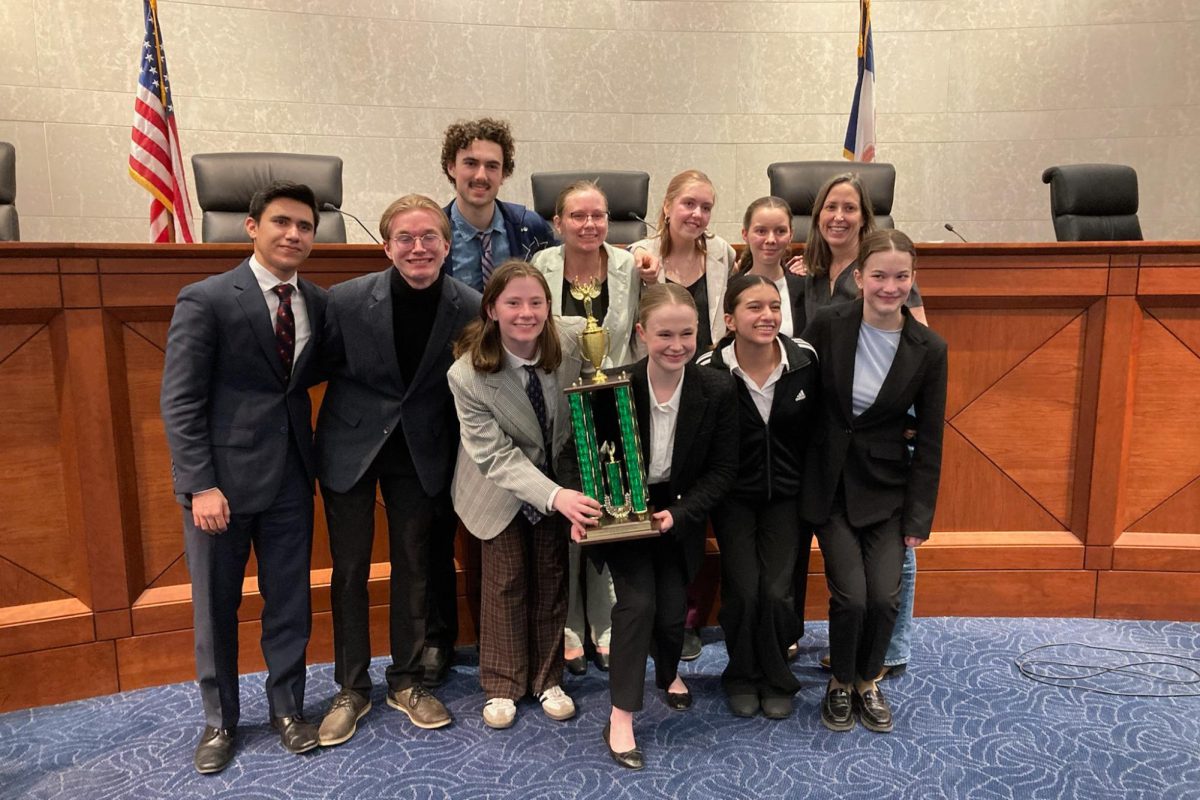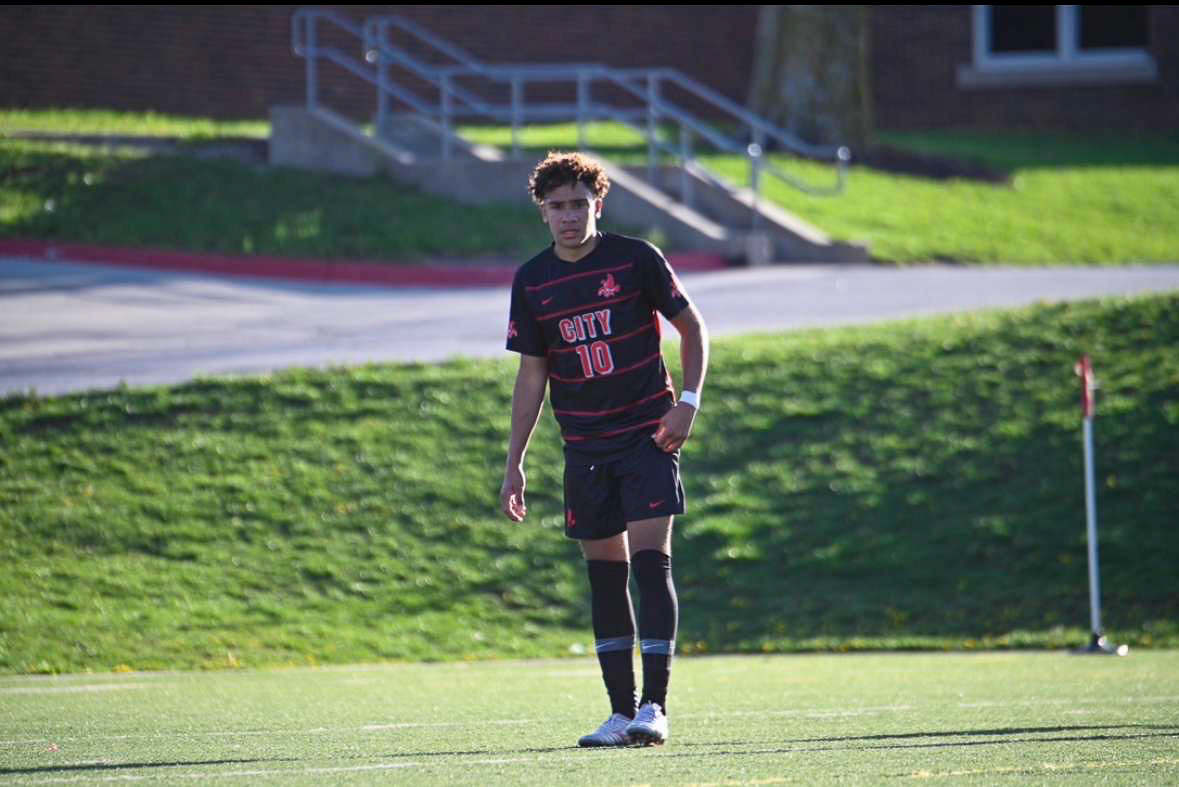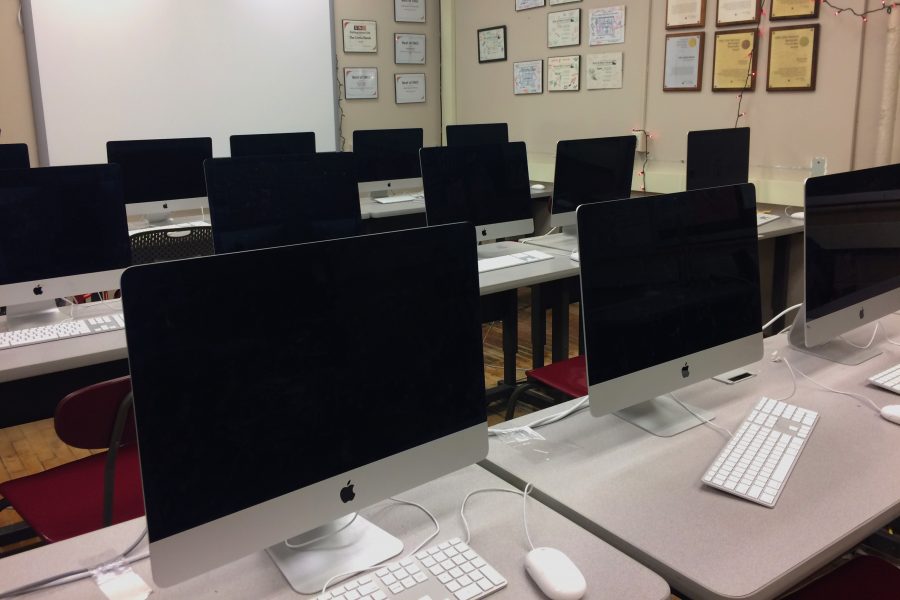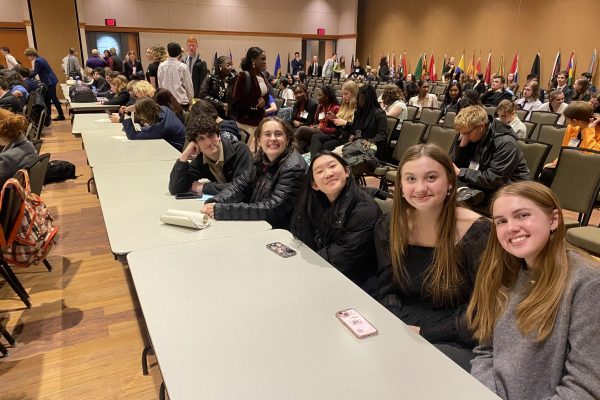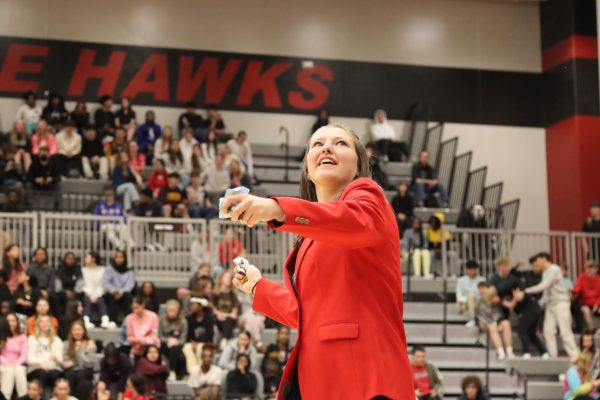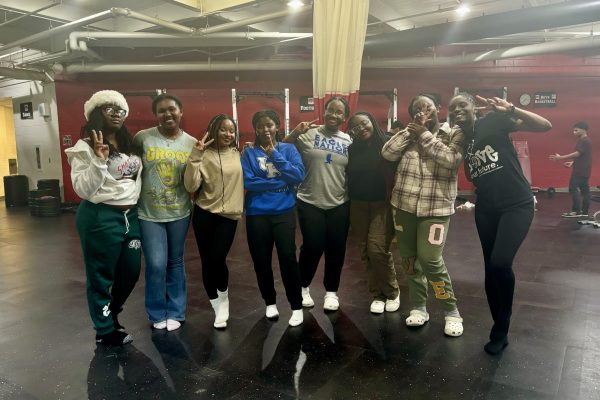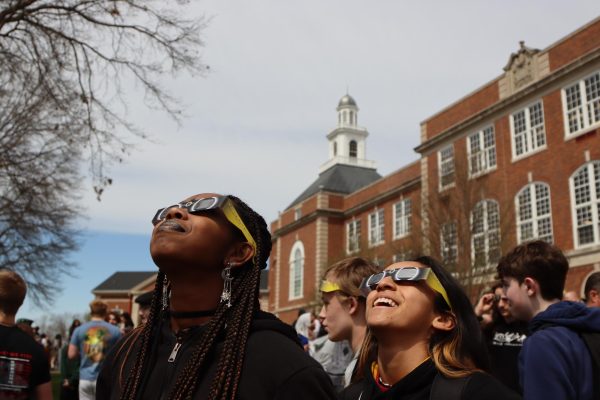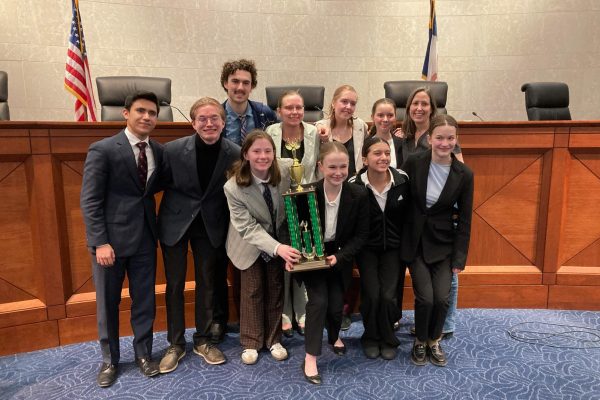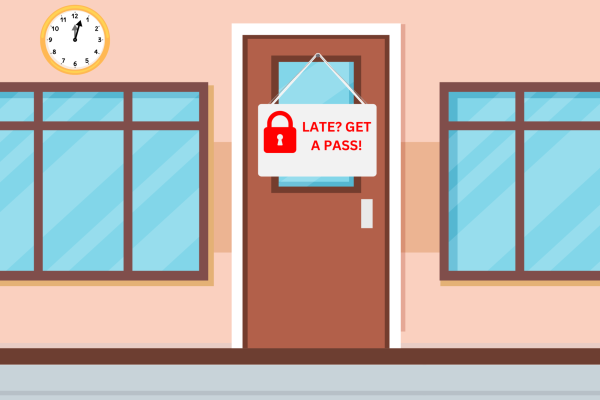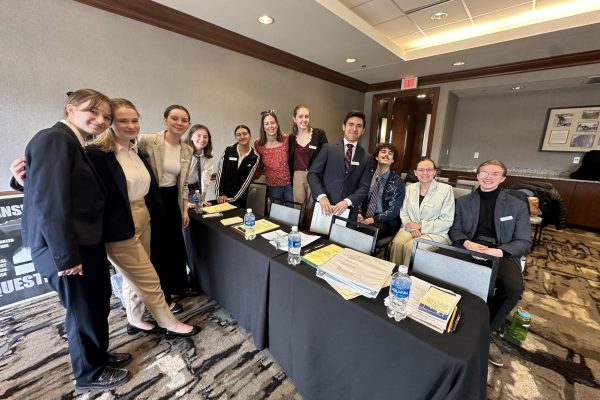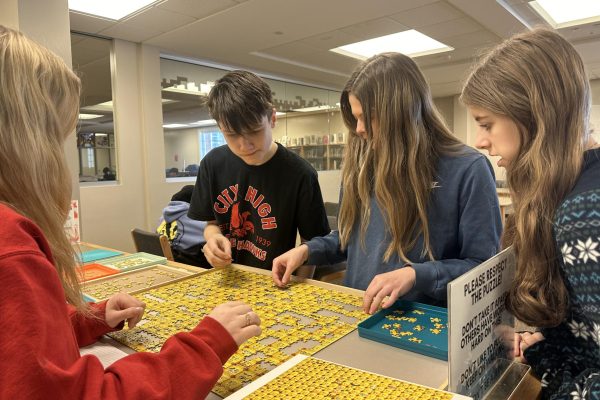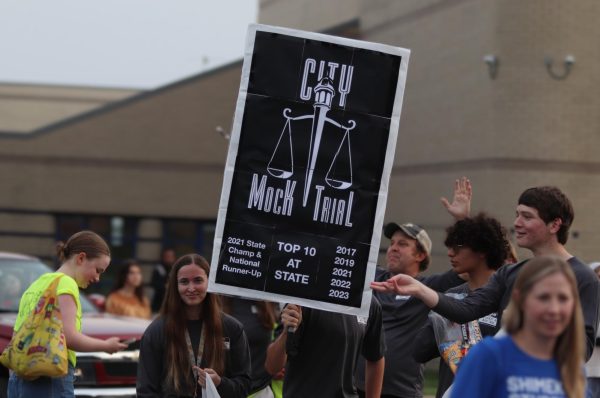ICCSD Implements New Web Filtering Policies
February 10, 2017
In the biology class of Sydney Wilson ‘19, students found themselves unable to watch a video.
“We were going to watch a video about sexual selection with peacocks,” Wilson said. “It had been able to be shown in past years, but then all of a sudden we couldn’t watch it because it was ‘inappropriate’.”
Wilson’s video was blocked after a new web filter was put in place by the Iowa City Community School District, with the hope of filtering out content deemed “inappropriate” for students.
ICCSD is one of many school districts that receives funding from E-Rate, a Federal Communications Commission program that provides discounts on certain telecommunications charges. In 2001, Congress enacted the Children’s Internet Protection Act (CIPA), which made it so that every school receiving funding from E-Rate has to have at least minimal web filtering of pornographic images in place.
ICCSD has abided by CIPA since its enactment in order to receive necessary funds from E-Rate. They’ve never filtered extensively-only what the law requires.
“We certainly don’t want to cause problems,” ICCSD Library Coordinator Denise Rehmke said. “[We don’t want] students and staff to not be able to access websites and web content that they previously could.”
The latest web filtering policy is related to ICCSD’s arrangements with G Suite (formerly Google Apps for Education). G Suite provides ICCSD students and staff with programs such as Google Classroom and individual student Google Drive accounts. G Suite requires that their services are used in ways that are age appropriate for students and in compliance with regulations such as CIPA.
To abide by these rules, ICCSD uses Google Safe Search, where any teacher is allowed to mark web content as “inappropriate” if they feel it shouldn’t be available to students.
“I think the district took the easy way out by using Google Safe Search,” art teacher Michael Close said. “Content can be made unavailable for everybody if someone disagrees with it.”
Wilson feels that web filtering can be helpful, but can also cause problems in some settings.
“I’ve seen it get in the way of research in my classes,” Wilson said. “But I think some people probably need the boundaries.”
Close also agrees that it can be a problem for students doing research.
“Teachers aren’t the ones doing research for papers or projects, and students need full access to the web for that,” he said. “It shouldn’t be a teacher saying ‘go look at these specific sites’ or ‘watch these specific videos’. That’s something students need to learn how to do on their own.”
Close, who teaches in a computer lab most of the day, doesn’t believe students accessing inappropriate content is a big problem.
“The most inappropriate content I see is students wasting time playing games,” Close said.





